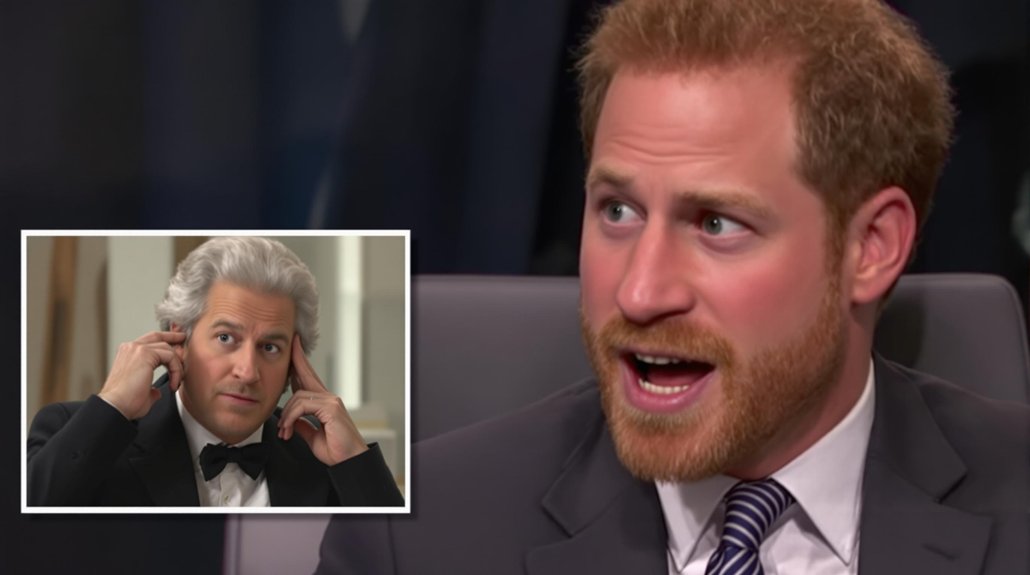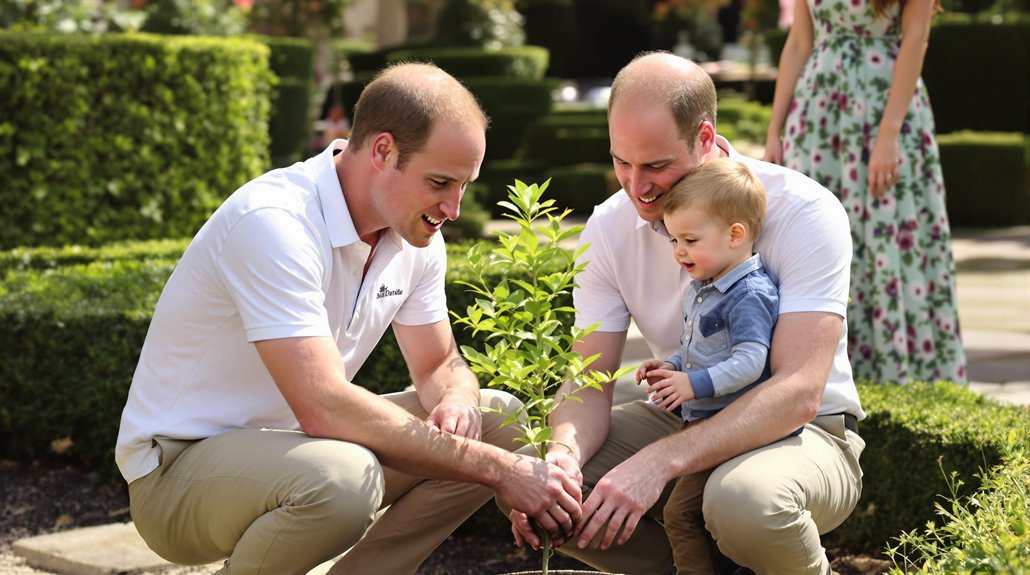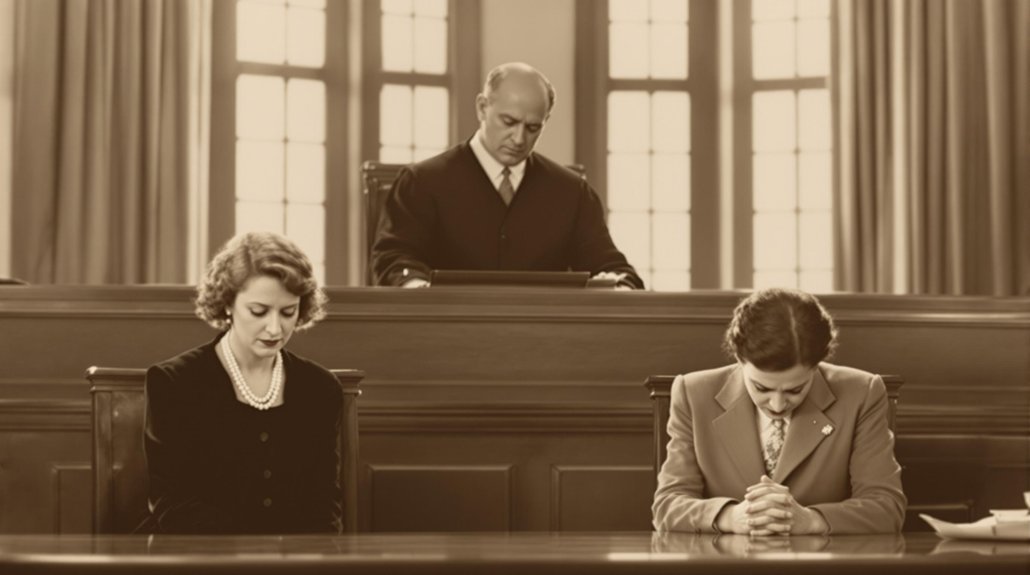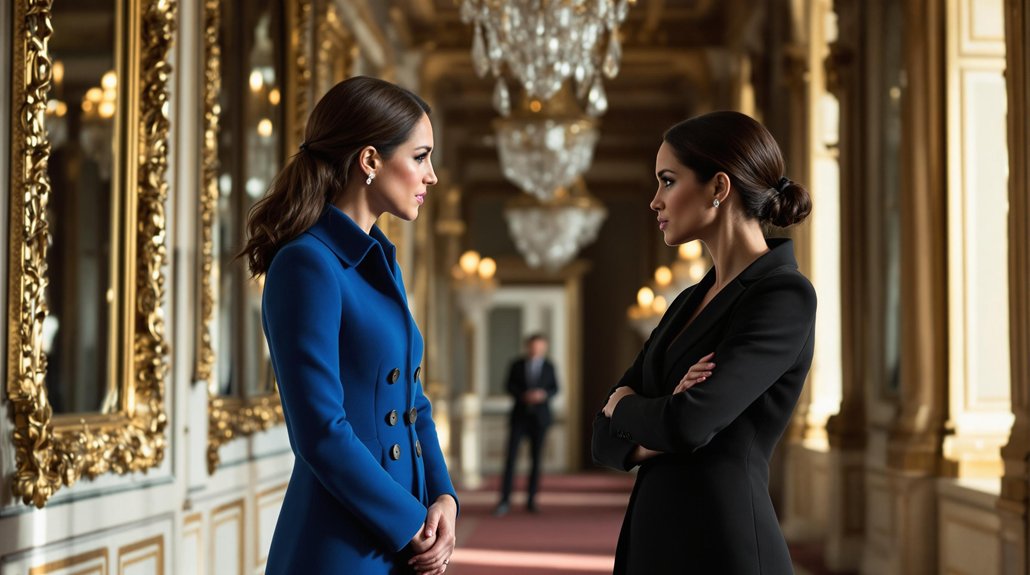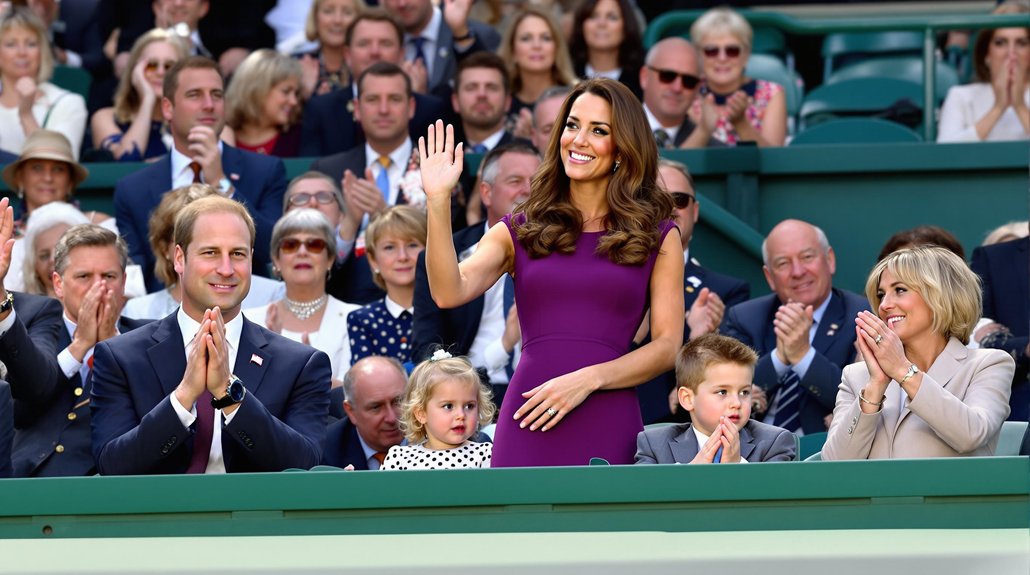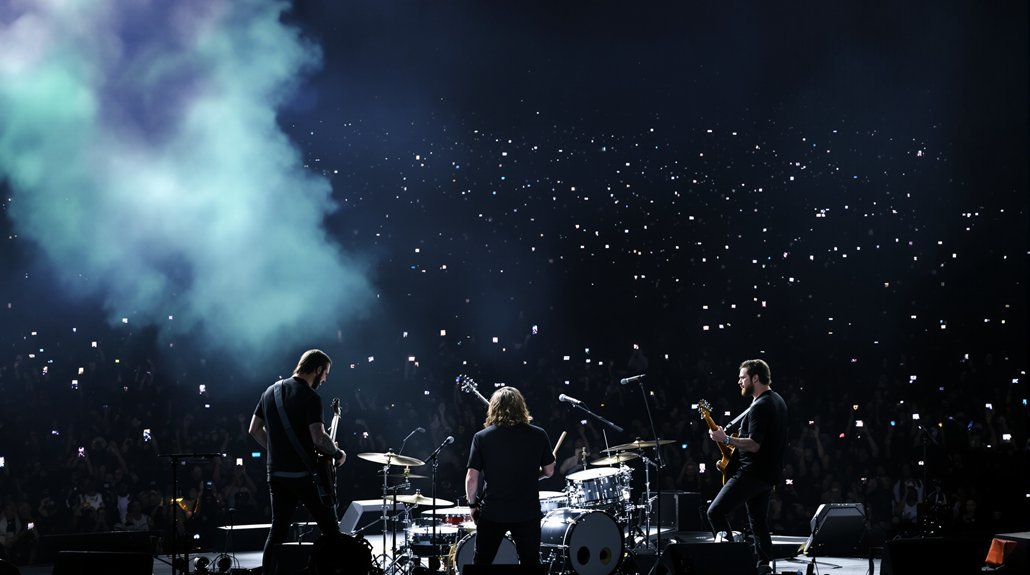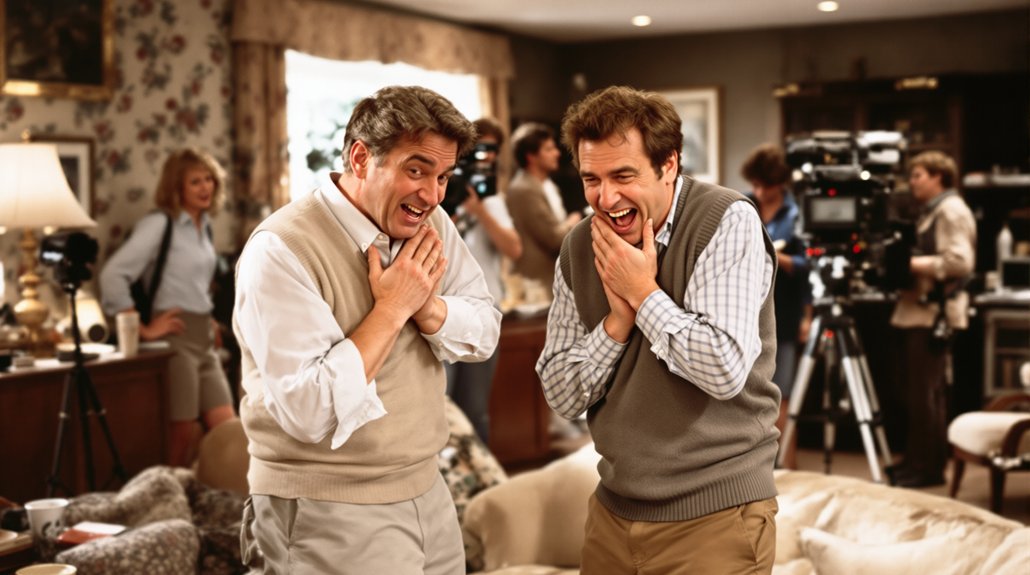Royal biographers have documented Prince Harry’s controversial television interviews that revealed private family matters, creating substantial bewilderment and fury within King Charles’s inner circle. The unauthorized media participation mirrored Prince Edward’s earlier protocol breach in 2001, when his production company Ardent violated media agreements protecting Prince William’s privacy at St Andrews University, prompting Charles to label Edward’s actions as idiotic. These incidents expose deeper systemic challenges regarding royal media engagement and institutional loyalty that continue shaping palace dynamics.
When Prince Harry’s decision to pursue independent media ventures while maintaining his royal status created significant controversy within the British monarchy, the incident bore striking similarities to Prince Edward’s earlier television misstep in 2001.
Royal biographers have documented how both princes attempted to combine personal media projects with their official royal responsibilities, resulting in substantial embarrassment for the Windsor family and intense frustration from King Charles.
Edward’s production company, Ardent, generated widespread royal family anger when his crew filmed at St Andrews University, directly violating a carefully negotiated media agreement designed to protect Prince William’s privacy during his university studies. The breach prompted then-Prince Charles to express intense anger, with British press reports indicating he labeled Edward’s actions as idiotic and demanded explanations through direct confrontation.
Edward’s Ardent production company violated William’s privacy agreement at St Andrews, prompting Charles to angrily label the actions idiotic.
Harry’s subsequent television activities followed a remarkably similar pattern, as royal biographers noted his attempts to balance personal broadcasting projects with his royal duties. His decision to participate in television interviews that revealed private royal family matters created significant backlash and was perceived as fundamentally undermining established royal protocols. The resulting confusion among senior royals directly echoed the earlier scandals surrounding Edward’s media ventures.
King Charles reportedly felt bewildered and furious following both television controversies, expressing strong disapproval through direct communication that highlighted leadership conflicts within the family hierarchy. Each incident intensified Charles’s concerns about loyalty and effective royal image management, creating lasting tensions regarding unauthorized media engagement.
Both television blunders drew extensive British media coverage, often accompanied by symbolic satisfaction at royal misfortunes and commentary about perceived hypocrisy regarding privacy expectations versus media access. The scandals increased public scrutiny of royal family media dealings while exposing significant gaps in internal communication and coordination regarding public appearances and commercial television projects. Edward’s crew conducted student interviews for The A–Z of Royalty, further complicating the university filming controversy.
These incidents collectively demonstrate a pattern of royal media miscalculations, where attempts by family members to control or profit from media appearances repeatedly provoke institutional backlash.
Royal biographers and journalists have identified systemic friction between traditional royal protocols and modern media independence, suggesting ongoing challenges in balancing monarchical duties with personal commercial ventures in an increasingly complex media landscape.
